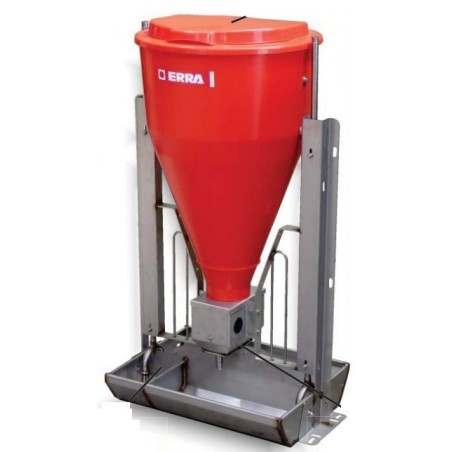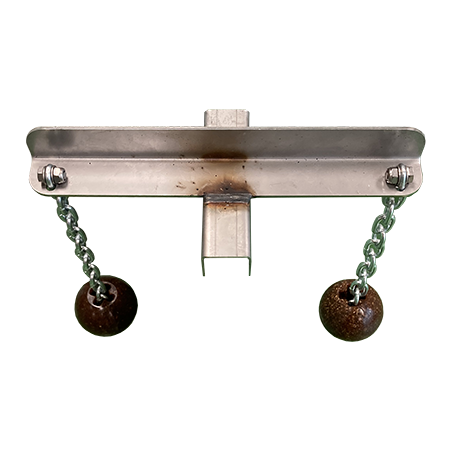Resource exploitation is imperative to reduce the use of conventional feed in animal production. Okara is a byproduct from the soymilk and tofu industry that contains a high nutritive value, as well as a group of bio‐active substance such as isoflavones, polysaccharides and phytates. However, okara requires a fermentation process in order to be used in the pig industry. Fermented okara (FO) has been reported to have a prebiotic function, increasing the intestinal production of short‐chain fatty acids (SCFA). Furthermore, antinutritional factors are eliminated by fermentation. Despite its potential, there is little research evaluating the efficacy of probiotic FO on growth performance and meat quality in pigs. Therefore, the aim of the present study was to assess the effects of FO on performance and meat quality, and to explore the feasibility of its partial substitution for corn‐soybean meal in pig production. For that purpose, a total of 48 pigs (Duroc × Landrace × Yorkshire) with an average body weight of 58.60 ± 0.65 kg were randomly assigned to 2 groups: a control group and fermented okara (FO) group. There were 8 replicate pens each with 3 pigs per treatment. Control pigs were fed a corn‐soybean meal basal diet, whereas treatment pigs were fed a basal diet supplemented with FO throughout the 55‐d experimental period.
As a result, fermentation of okara using probiotics increased its microporous structure, polysaccharides, lactic acid, and free amino acids (FAA) by 46.06%, 150%, and 66.45% compared with unfermented okara, respectively. The diet supplemented with FO significantly improved average daily gain (ADG) by 8.70% but decreased the feed gain ratio (F/G) by 5.56% of growing pigs compared to the control diet. Furthermore, dietary supplementation with FO improved meat color by increasing a* values and intramuscular fat and decreasing b* values of pork, the FAA, and the activity of total superoxide dismutase (T‐SOD) and glutathione peroxidase (GSH‐PX) in the serum and muscles.

All in all, probiotics‐fermented okara showed an improved growth performance, meat quality and antioxidant capacity, which suggest that it could be used to substitute partial corn‐soybean meal in the pig industry.
Tian Z, Deng D, Cui Y, Chen W, Yu M, Ma X. Diet supplemented with fermented okara improved growth performance, meat quality, and amino acid profiles in growing pigs. Food Science & Nutrition. 2020; 8(10): 5650-5659. https://doi.org/10.1002/fsn3.1857





